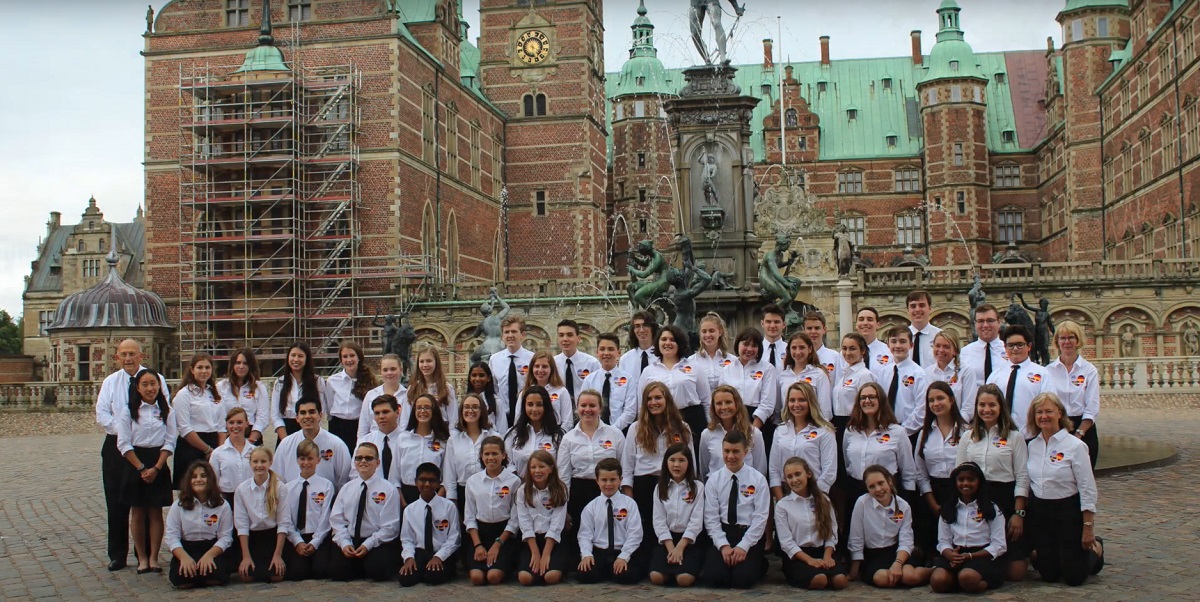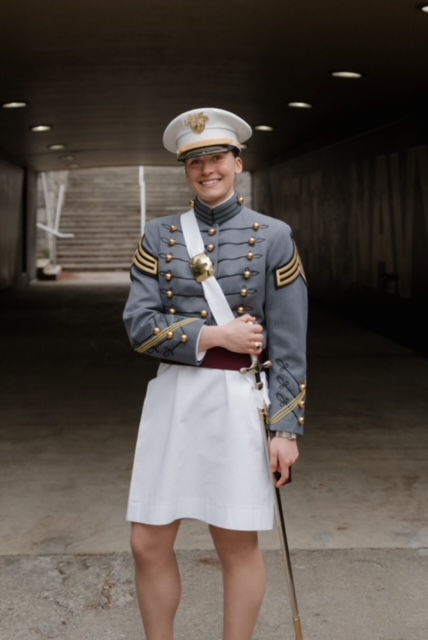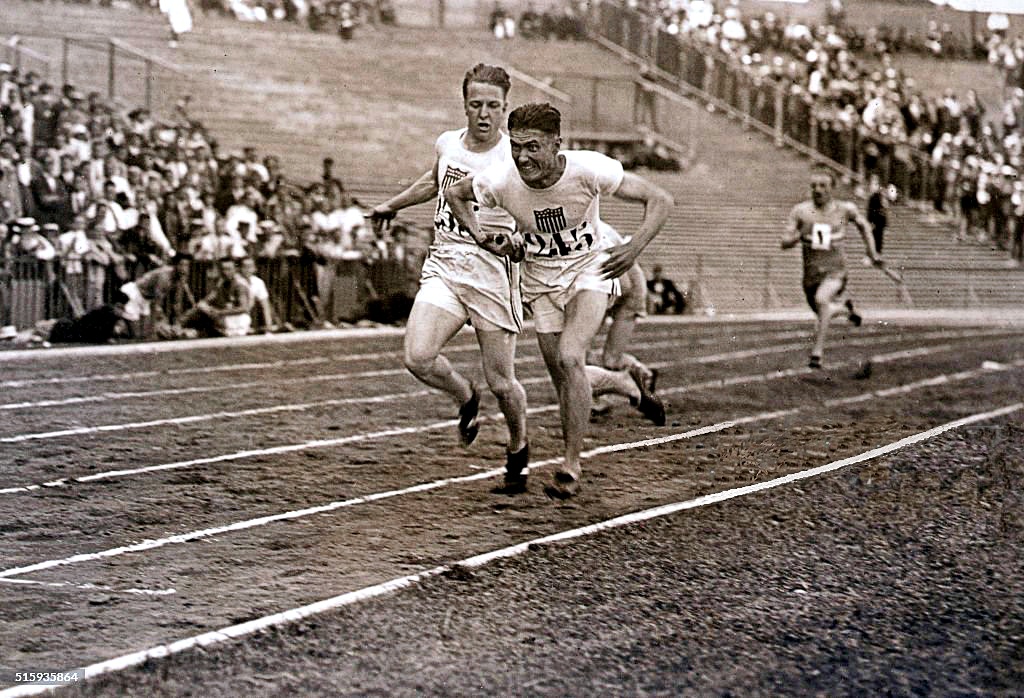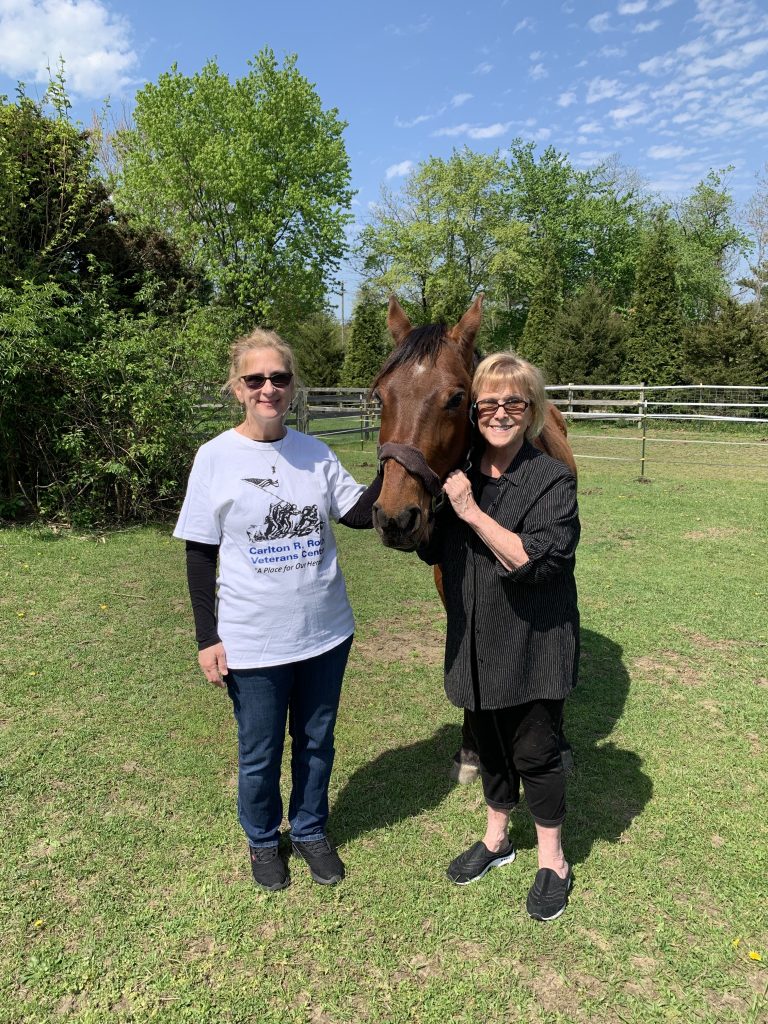
When Darlene Supnick learned about the number of horses being sent to slaughter, she decided to do something.
“They’re all slaughter-bound horses and I kept thinking, ‘These horses have PTSD (Post-Traumatic Stress Disorder),’” Supnick said. “Some of them are racehorses that were treated like royalty for a while … Then they were sold as human transportation and then thrown into a kill pen. I thought, ‘They have PTSD, so how can we help people?’”
Supnick is the co-founder of Forgotten Angels Equine Rescue (FAER), a volunteer-run nonprofit that saves horses from the slaughterhouse and offers equine therapy for veterans.
According to its website, FAER was established in 2015, but Supnick and co-founder Lisa Draharod were saving horses before that. FAER is 100% donation based, and since its founding, has saved more than 350 horses and counting.
“American horses are shipped to Canada and Mexico for slaughter, and they’re sent to other countries to eat,” Supnick explained. “We really want to get people educated to know, do not take your horses to auction because they’re probably going to wind up in a bad place.”
“Please keep your horses, foster horses … All these horses here (FAER), they’re all wonderful.”
State legislation Supnick supported in 2019 now makes it one step harder for a horse to end up at a kill auction. The measure also requires that all horse auctioneers check if a horse has a microchip or tattoo and post all relevant information online for a minimum of 72 hours.
The process gives horse owners a chance to find stolen equines and provides past owners with opportunities to save them. Auctioneers must also maintain records of any horse they sell for one year.
Two years ago, the rescue started its veteran equine therapy program in partnership with SpectraCare Foundation, a nonprofit whose mission is to develop and provide quality charitable, educational and support service.
“The idea was (that) abused horses … needed help,” Supnick noted. “ … I was thinking about it all along, because my father who passed away was a veteran and I was always going toward helping veterans and helping horses …
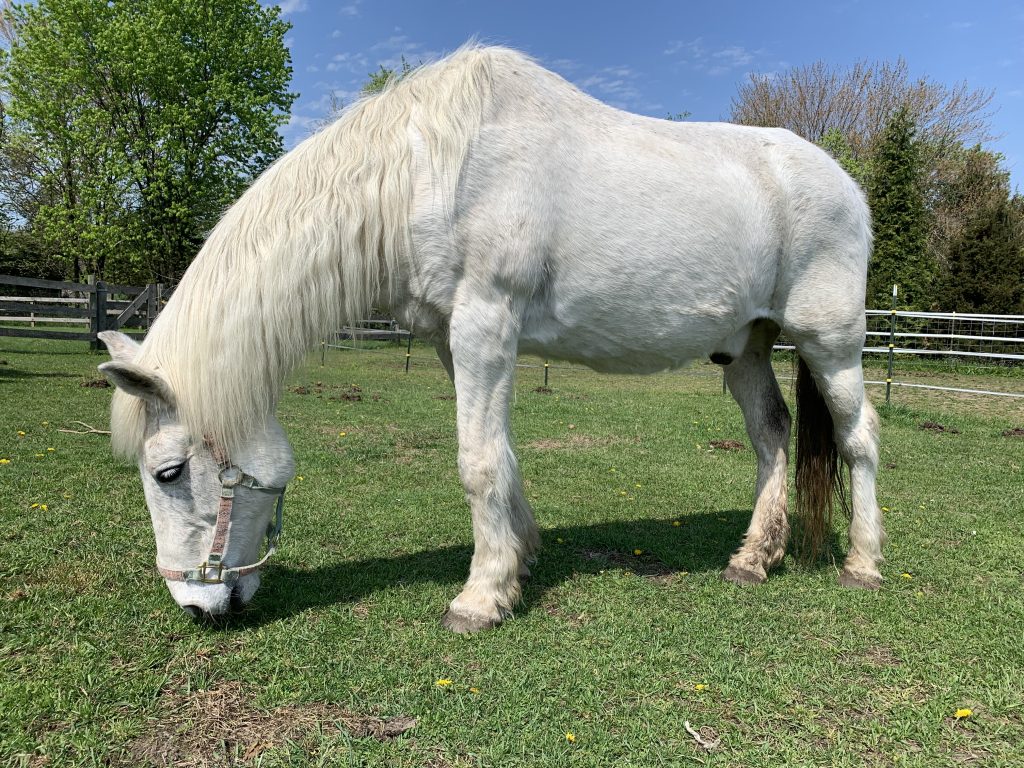
“We’re saving the lives of the horses and we’re also saving the lives of the veterans.”
According to its website, SpectraCare offers services that include therapeutic and healing programs, pet therapy, animal support programs and food assistance for animals and at-risk veterans and seniors. It also supports and pursues research, education and training that enhances community growth and protection from harm.
“So far, since we’ve been doing this together, the common theme that these veterans are saying is that they receive more from equine therapy than they do meeting with their psychiatrist for six to nine months of psychiatry,” said Kathleen Van Stine, senior director for community relations at SpectraCare.
“ … It has been clinically proven that equine therapy does change a veteran’s life.”
The equine therapy program is conducted by certified therapist MaryAnn Brewer, of EAGALA (Equine Assisted Growth and Learning Association) and licensed psychotherapist Micke Stafford. Prior to working with the horses, a therapist will assess the veteran to determine his or her needs and develop a course of action.
“We believe that our clients have their own answers to life’s own problems if they’re given the time, the space and the support to find those answers,” Brewer pointed out. “They do that through interactions with the animals … It is an adventure and an awareness.”
According to FAER’s website, most of the veterans in the equine program have been diagnosed with PTSD, and three sessions of horse therapy can be equivalent to six months of in-office therapy.
“I’ve learned that even if veterans have a cat or a dog, it makes a difference in their life,” Stafford related. “I think it has something to do with safety and the ability to express their feelings in a safe place.”
“With horses, they’re another animal, but they’re very large, so it’s more of a challenge,” Stafford added. “However, when they’re (veterans) able to be with such an animal that’s so much larger than they are and be comfortable and express themselves, what it does to their whole psyche, it changes how they are with people.”
For more information on Forgotten Angels Equine Rescue and its veterans’ therapy program, visit https://forgottenangelsequine.com.
For more information on the SpectraCare Foundation, visit https://spectracarefoundation.org.

